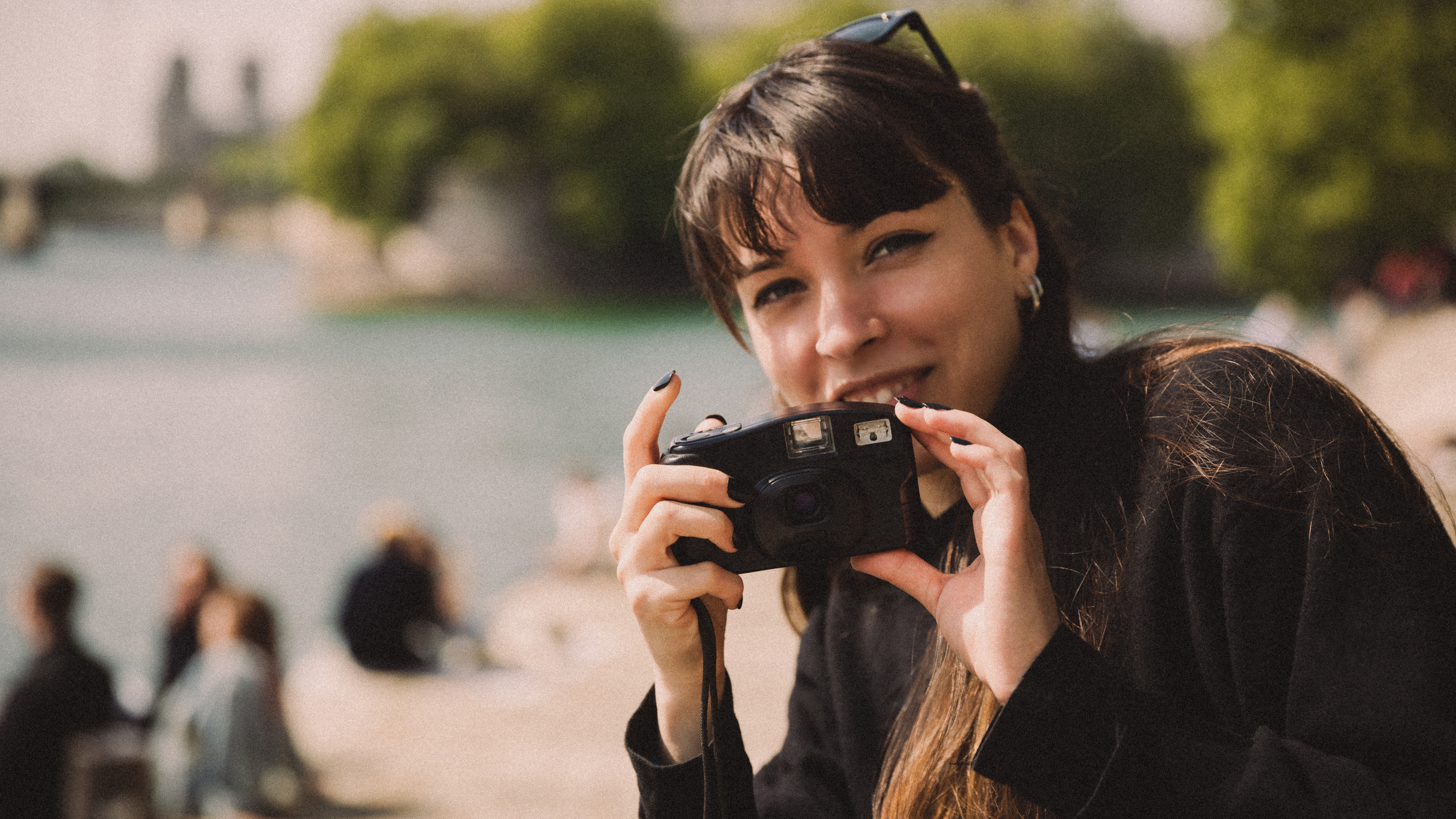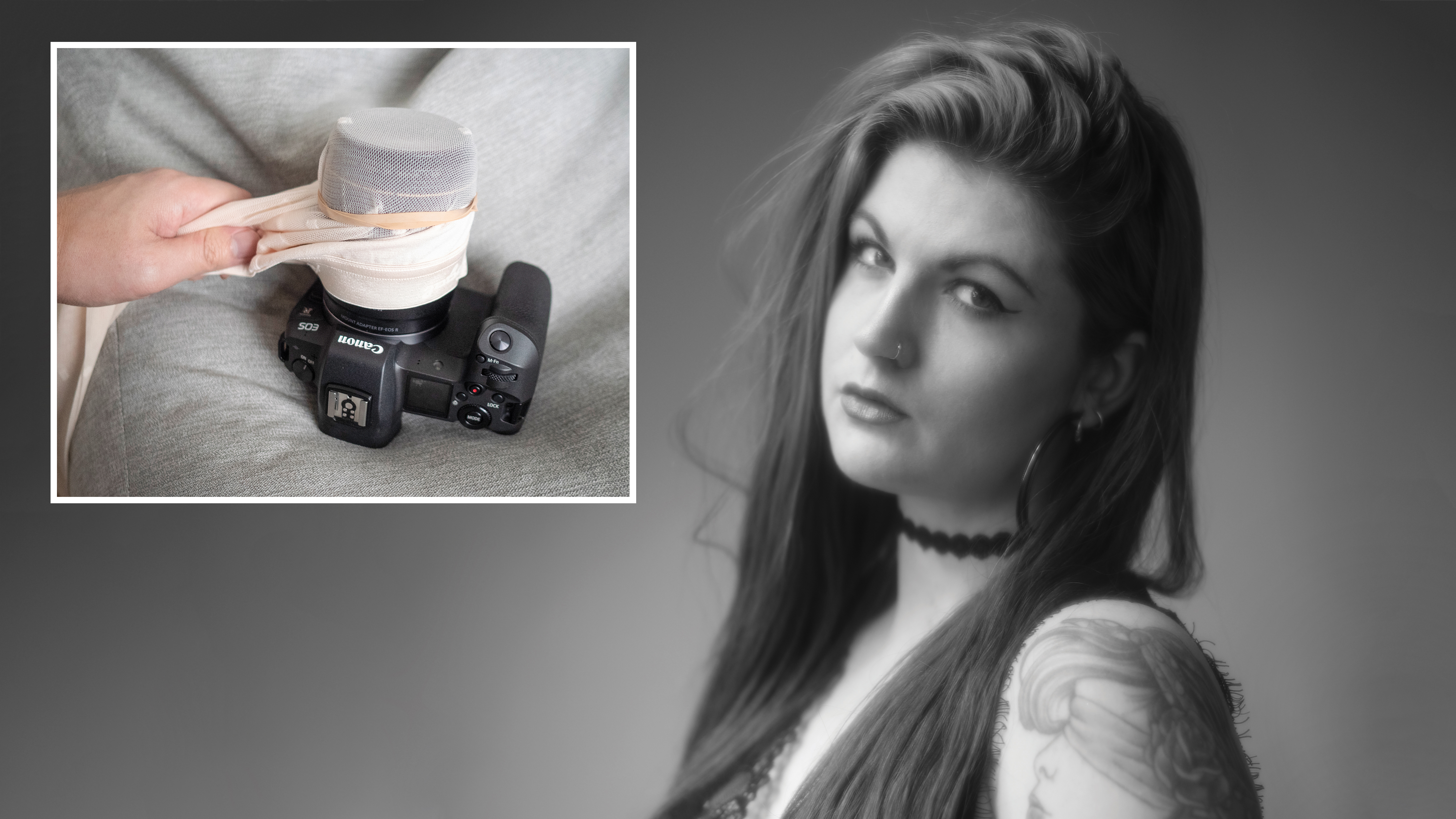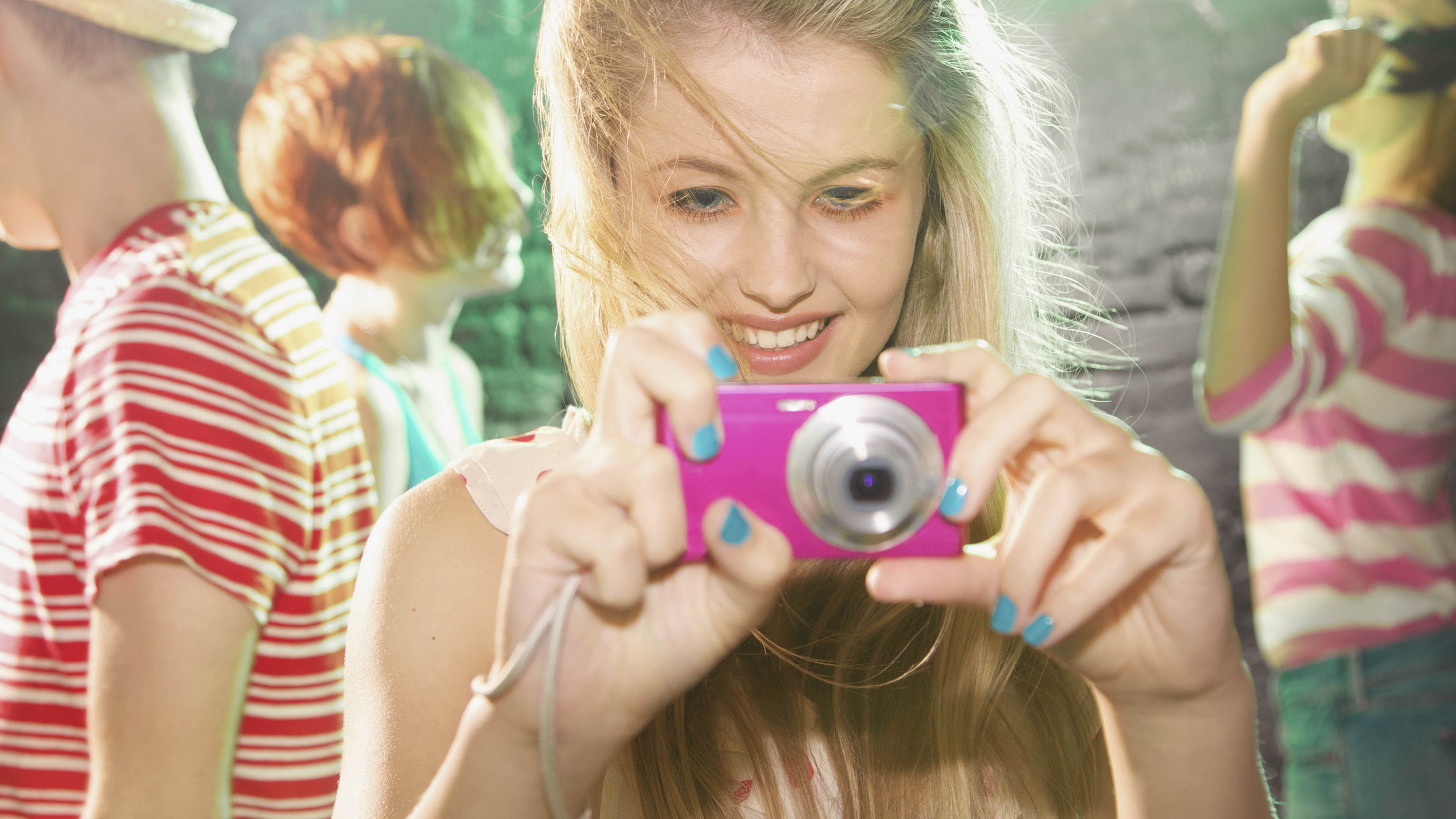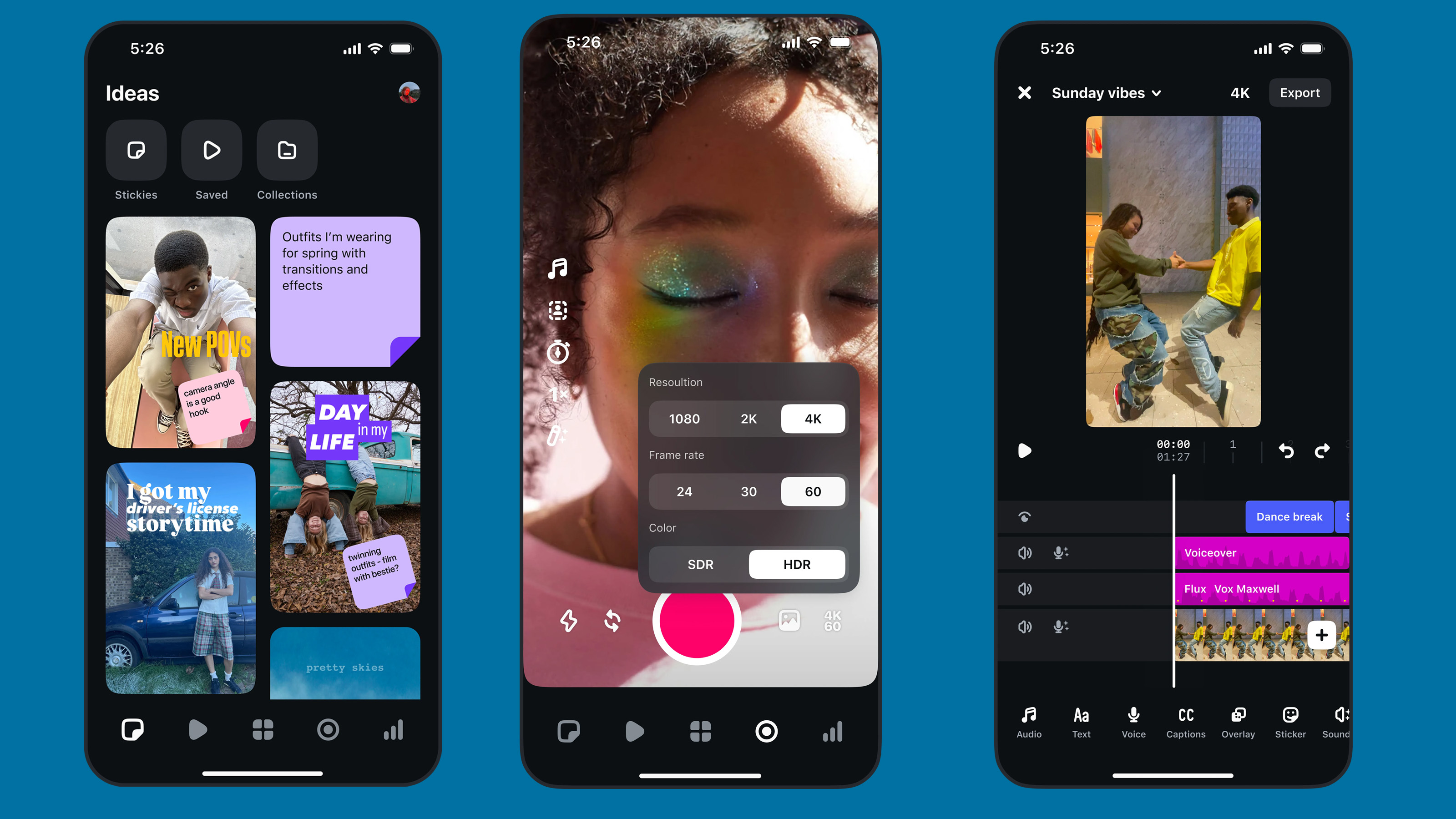Both AI and crappy retro cameras are trending, but I think that will give way to this 2025 trend
As AI grows, I hope the trend of 2025 is fully embracing imperfect images

As computers create “photographs” and the crappy compacts of 20 years ago come back in style, photography enters an era more awkward than adolescence. But while the latest AI capabilities and trendiest ugly cameras feel like complete opposites, I think one is a symptom of the other.
Old compact cameras aren’t trending solely on Gen Z fashion, but rather a craving to get back simplicity and authenticity as artificial intelligence threatens to overperfect our memories. My prediction for 2025? Imperfect photographs will be on trend.
Digital camera launches are creeping closer to pixel-peeping perfection. Yes, some mirrorless cameras still have slightly better features than others, but it’s been a while since I’ve tested a truly awful mirrorless camera. The cameras that I haven’t really cared for didn’t take bad images, they just had slower autofocus, annoying ergonomics, or cheap builds.
But while the latest cameras edge ever closer to technical greatness, I’m seeing much of the opposite on my Instagram feed. Photographers are putting nylons over expensive lenses to make vintage-looking photographs. We’re attaching misty filters, buying film-inspired presets in bulk, and fangirling over lenses that still have real sun flares.
Photographers are complaining over the high ISO image quality on new cameras, while others are adding film-like grain in Lightroom. Photographers are buying up 100MP cameras then using AI and beauty filters to blur that pore-level detail. We’re embracing intentional blur as cameras get increasingly excellent stabilization systems.

Clearly, photography is having an identity crisis. But which trend will photography be defined by in 2025? Technical feats and mind-boggling AI? Or a return to the simplicity and authenticity of imperfect images?
To be clear, I don’t have an issue with every type of AI. Eye detection AF was a serious game changer, and I got much of my life back after Lightroom introduced the ability to automatically whiten teeth and Photoshop could remove powerlines and wardrobe slips without mind-numbing manual edits.
Get the Digital Camera World Newsletter
The best camera deals, reviews, product advice, and unmissable photography news, direct to your inbox!
But the line between time-saving AI and overperfecting our memories is a fine one – or perhaps even a gradient, to stick with Photoshop terms.
I think the technical advancements in the field of photography have created a dangerous checklist of what the perfect image entails. We can now reduce the appearance of veins in hands with a few clicks. Yet one of the last memories of my grandmother is holding her hand and feeling the texture and lines of a life well lived.
We have the tools at our disposal to easily fix crooked teeth, yet as a mother the smile of baby teeth, adult teeth and missing teeth wedged into one smile is one of the rapidly changing features of my growing children that I’m going to want to look back on.

As photographers, we get to decide which pieces of memories remain intact in physical or digital form – and that’s a heavy responsibility to wield.
We use our smartphones to take snapshots of small daily moments, only to realize that the moon looks so good because it's overprocessed, that those night mode photos look great not because of a great camera but because of great image processing.
AI isn’t going away, but my hope is that the resurgence of crappy cameras lowers the bar on what a good photograph looks like. A good photograph isn’t about megapixels or low light quality. A good photograph isn’t about looks but about feeling, to borrow words from Don McCullin. That also means if the only camera you can afford is an old DSLR, that’s okay.
In 2025, I’m not going to browse eBay for a crappy old compact camera. But I am going to prioritize a photograph’s emotional value over its technical value. I am going to embrace imperfection by adding more film into my work. I’m going to ease up on some of my own perfectionist tendencies.
What 2025 will bring is anyone’s guess – but I hope it brings with it a continuing trend towards embracing imperfect memories and the imperfect photographs that immortalize them.
You may also like…
Browse through the best compact cameras (or what I recommend instead of overpaying for a compact camera) or take a look at the best film cameras.

With more than a decade of experience reviewing and writing about cameras and technology, Hillary K. Grigonis leads the US coverage for Digital Camera World. Her work has appeared in Business Insider, Digital Trends, Pocket-lint, Rangefinder, The Phoblographer and more.
